- Home›
- Healthy Living›
- 10 Effective Ways To Keep Your Vagina Clean And Healthy
10 Effective Ways To Keep Your Vagina Clean And Healthy
By: Priyanka Maheshwari Mon, 16 Oct 2023 4:30:44
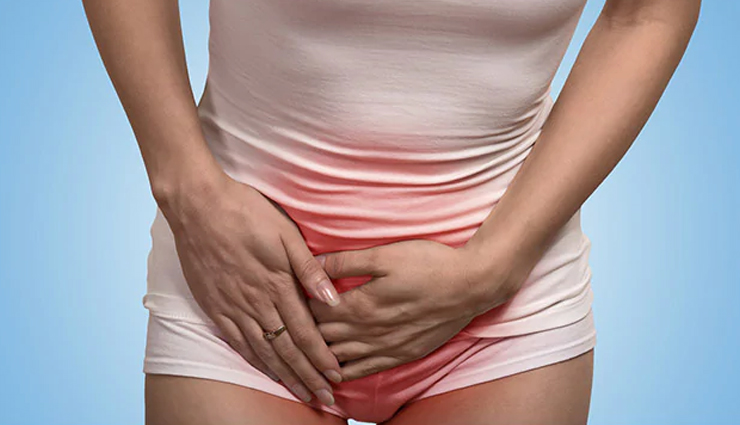
The vagina is a self-maintaining organ inhabited by essential bacteria that protect against various infections. However, this doesn't mean you should neglect personal hygiene. Adhering to some straightforward vaginal hygiene guidelines can help maintain its well-being and pleasant scent. If your vagina has an unpleasant odor and causes discomfort, these may be signs of an infection that requires immediate medical attention. In this article, we'll guide you through some healthy practices to keep your intimate area in top condition and prevent associated ailments. Keep reading to learn more.
Please note that the term "vaginitis" is used to describe conditions that can lead to inflammation or infection of the vagina, while "vulvovaginitis" is used to describe inflammation of both the vagina and vulva, which is the external part of the genital area.

The common causes of vaginal infections include:
- Bacterial infections: Excessive growth of specific bacteria already present in the vagina can lead to bacterial vaginosis.
- Yeast infections: Infections caused by a fungus known as Candida albicans.
- Protozoan parasites: These can cause a vaginal infection known as trichomoniasis.
- Menopause: Menopause can result in vaginal atrophy, leading to vaginal thinning and dryness.
- Irritants: Certain soaps, body washes, perfumes, and vaginal contraceptives can irritate the vagina. Wearing tight clothing can also trigger rashes and vaginal inflammation, so it's advisable to opt for breathable clothing, including avoiding thongs.
These are some of the primary factors that contribute to vaginal infections and irritation. Before delving into natural ways to maintain vaginal health, let's first understand what feminine pH is.
pH level of the vagina
The pH level of the vagina is an essential factor in maintaining vaginal health. The term "pH" stands for "potential of hydrogen" and refers to the acidity or alkalinity of a substance, in this case, the vaginal environment. The vagina is naturally acidic, with a healthy pH level typically ranging between 3.8 and 4.5. This acidic environment is created by the presence of beneficial bacteria, primarily lactobacilli, which help prevent the overgrowth of harmful bacteria and yeast.
Maintaining the appropriate pH level is crucial for vaginal health. An imbalance in pH can disrupt the natural flora of the vagina, leading to conditions like bacterial vaginosis (BV) or yeast infections. Factors such as menstruation, sexual activity, douching, and certain medications can influence vaginal pH.
Effective Ways To Keep Your Vagina Clean and Healthy
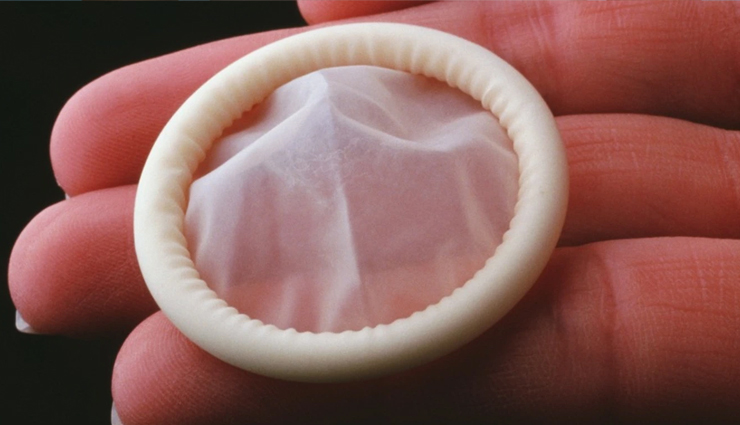
# Use A Condom
Prioritize condom usage whenever you engage in sexual intercourse as it plays a crucial role in safeguarding against invisible sexually transmitted infections such as HIV, genital herpes, gonorrhea, genital warts, and chlamydia.
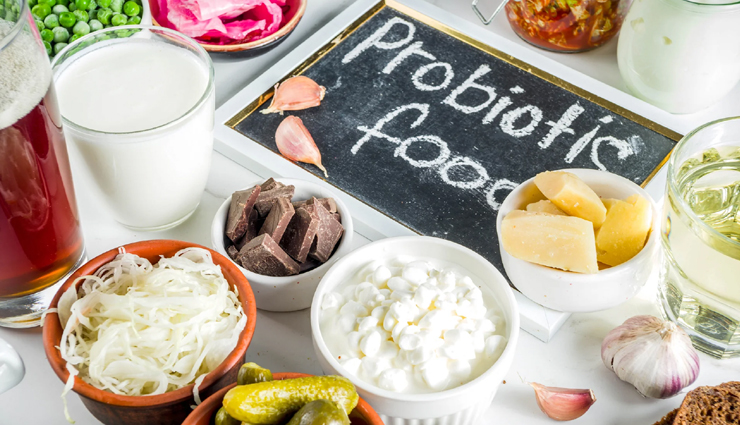
# Incorporate Oral Probiotics into Your Routine
Include probiotics in your diet to support overall health. The consumption of probiotics aids in the restoration of beneficial vaginal bacteria that may have been lost. You can achieve this by incorporating probiotic-rich foods like yogurt and kefir into your diet or by taking probiotic supplements.
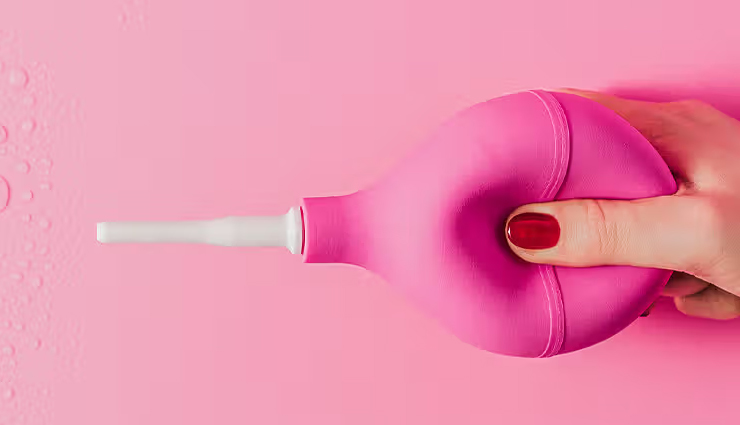
# Steer Clear of Douching
Your vagina operates like a self-cleaning mechanism. Douching can disrupt its pH balance, potentially leading to vaginal infections, ectopic pregnancy, preterm birth, and other complications. Therefore, it is advisable to refrain from douching. Instead, cleanse the external area of the vagina with a mild soap and water. You can also opt for a pH-balanced cleanser specifically designed for intimate use, ensuring it does not contain irritating preservatives.

# Eat Healthily
Maintaining your vaginal health is also influenced significantly by a nutritious and balanced diet. Certain foods such as yogurt and honey can contribute to the prevention of yeast infections. Additionally, research has indicated that cranberry juice can be effective in reducing the risk of urinary tract infections.
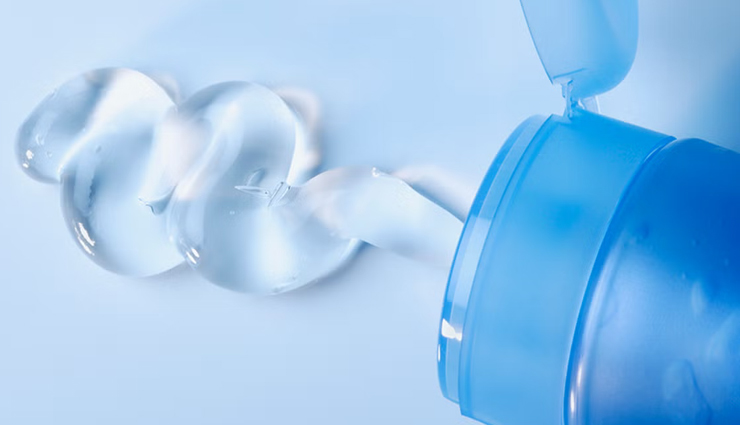
# Use Lubricant During Intercourse
Ensuring adequate lubrication during sexual intercourse is crucial to prevent the vaginal skin from becoming dry and irritated. Vaginal lubrication typically occurs during arousal, but some women may not produce sufficient natural lubrication, or there may not be enough time devoted to foreplay. In such cases, it is advisable to utilize safe and natural lubricants, like aloe vera gel. It's important to avoid using petroleum jelly or baby oil, as they can potentially lead to vaginal inflammation, and instead, opt for water-based lubricants.

# Choose Your Clothing Carefully
Donning snug attire can lead to vaginal irritation and inflammation. Prolonged wear of damp clothing, such as a swimsuit, can create a warm and moist environment conducive to the growth of yeast infections. Therefore, it's advisable to opt for well-fitting cotton underwear. Refrain from using harsh chemicals on your undergarments to preserve vaginal health. Additionally, it's important to promptly change out of wet or sweaty clothing when possible.
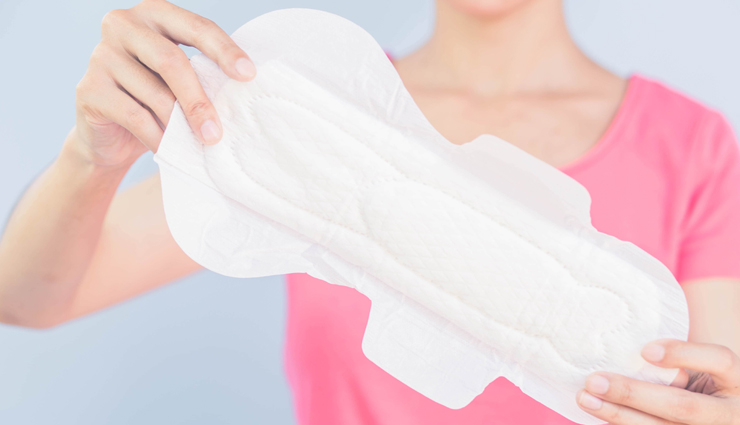
# Follow Good Hygiene
Adhering to proper hygiene practices is essential. Neglecting these practices can create a favorable environment for the proliferation of vaginal infections. It's important to ensure that you maintain cleanliness in your intimate area every time you use the restroom. To prevent vaginal irritation, it's advisable to refrain from wearing sanitary pads or tampons for extended periods and instead change them regularly. Avoid the use of scented products to promote optimal vaginal health. It's worth noting that a somewhat common occurrence is the unintentional insertion of a tampon when one is already in place, leading to an unusual vaginal discharge.
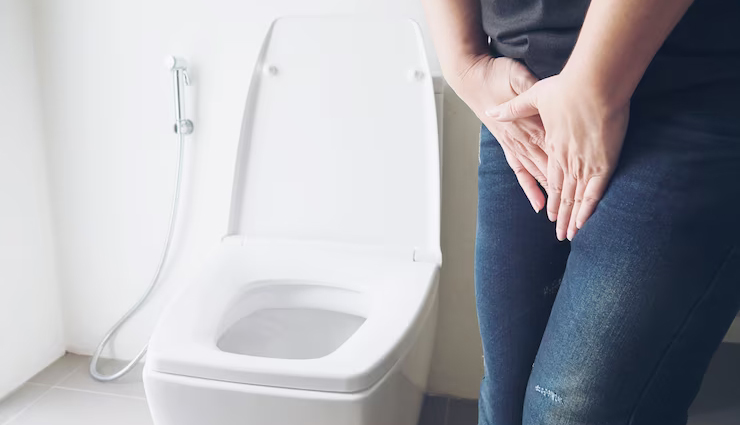
# Treat The Infections
It's crucial to address infections without delay. Avoid the practice of leaving a vaginal infection untreated and expecting it to resolve naturally. If you have a tendency to experience yeast infections, you can utilize over-the-counter medications for treatment. However, if your symptoms fail to improve, it's advisable to seek prompt medical consultation.
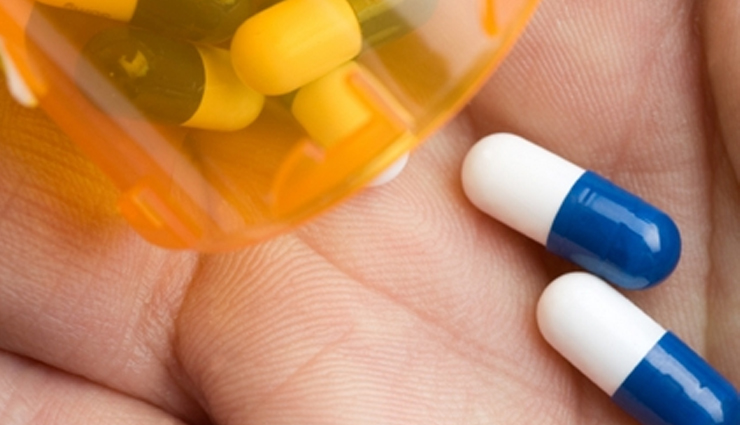
# Avoid Overusing Antibiotics
As previously mentioned, antibiotics are a significant contributor to the disruption of vaginal pH balance. Consequently, it's important to be cautious about the medications you are using, as they can eliminate beneficial bacteria along with harmful ones in your system. Hence, it's advisable to closely monitor your medication intake. Avoid excessive or unwarranted use of antibiotics. If you believe you require prescription antibiotics, consult with your healthcare provider. Ensure that a bacterial infection is confirmed as the cause of your vaginal issues before opting for antibiotics, and consider trying an antibacterial douche or oral medication only after proper diagnosis.

# Get Gynec Tests Done Regularly
Regularly consult your gynecologist or healthcare provider to closely monitor your vaginal health. Undergo routine pelvic exams, gynecological assessments, or Pap tests to promptly identify any abnormalities or infections.
While these guidelines may appear fundamental, they play a significant role in the maintenance of your vaginal health. They can also aid in expediting the recovery process if you currently have a vaginal infection.





